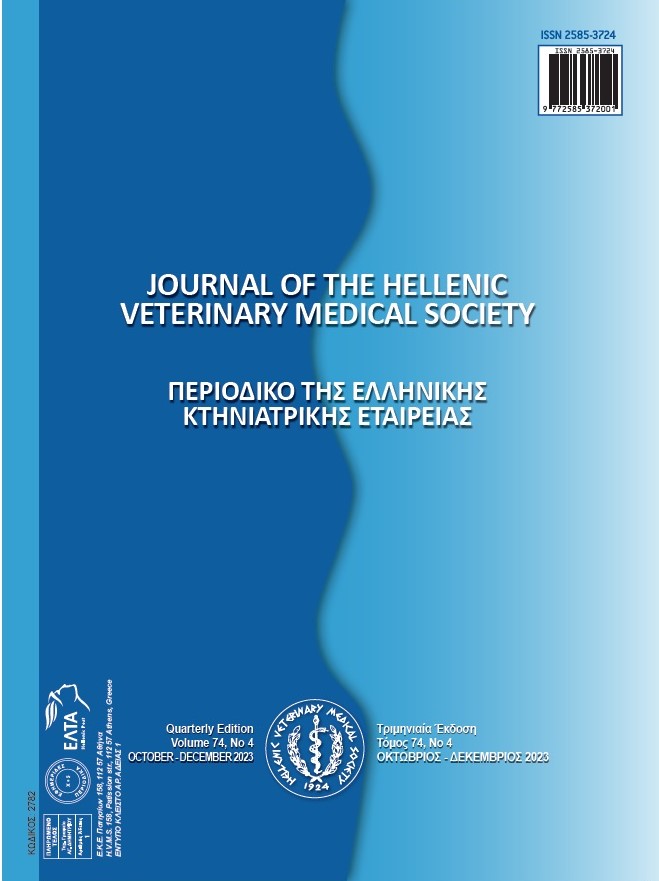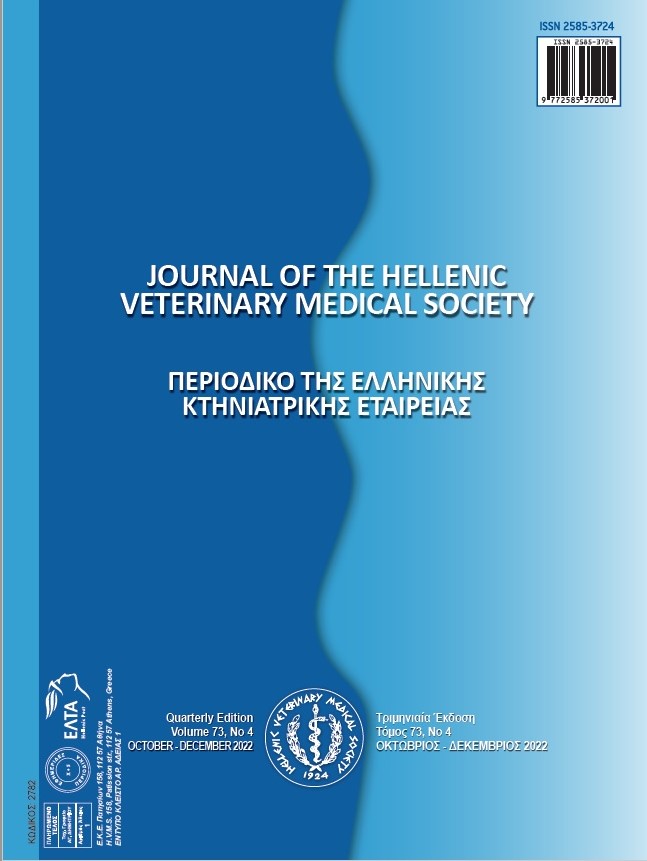Effect of microbial transglutaminase addition on reconstructed frozen rainbow trout (Oncorhynchus mykiss) meatballs’ quality

Abstract
In this study, MTGase (Control (without enzyme), A-0.5% MTGase (Group A), and B-0.8% MTGase (Group B) were added to rainbow trout meatballs at two different rates and the samples were stored at -18±1°C. The chemical (TVB-N, TBARS), physical (pH, water activity, color, texture, and cooking loss), microbiological (TMAB, TPAB, TYM, TCB, TAB, E. coli, and S. aureus), and sensory properties of the trout meatballs were examined for 210 days.
The TVB-N and TBARS values remained within the limit values during frozen storage. The pH and cooking loss values of the control group were different from those of Groups A and B. The water activity values generally remained stable. The L* and a* values were affected by the addition of MTGase. Moreover, the textural properties and sensory quality of the trout meatballs improved. During the frozen storage, the limit values were not exceeded in all groups, except for the TCB values.
Article Details
- How to Cite
-
Kocatepe, D., Corapci, B., Altan, C., Kőstekli, B., & Turan, H. (2024). Effect of microbial transglutaminase addition on reconstructed frozen rainbow trout (Oncorhynchus mykiss) meatballs’ quality. Journal of the Hellenic Veterinary Medical Society, 74(4), 6427–6440. https://doi.org/10.12681/jhvms.30845
- Issue
- Vol. 74 No. 4 (2023)
- Section
- Research Articles

This work is licensed under a Creative Commons Attribution-NonCommercial 4.0 International License.
Authors who publish with this journal agree to the following terms:
· Authors retain copyright and grant the journal right of first publication with the work simultaneously licensed under a Creative Commons Attribution Non-Commercial License that allows others to share the work with an acknowledgement of the work's authorship and initial publication in this journal.
· Authors are able to enter into separate, additional contractual arrangements for the non-exclusive distribution of the journal's published version of the work (e.g. post it to an institutional repository or publish it in a book), with an acknowledgement of its initial publication in this journal.
· Authors are permitted and encouraged to post their work online (preferably in institutional repositories or on their website) prior to and during the submission process, as it can lead to productive exchanges, as well as earlier and greater citation of published work.



